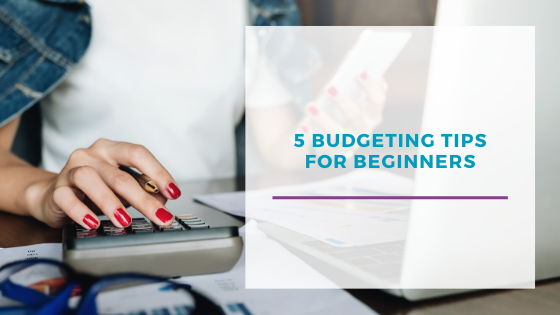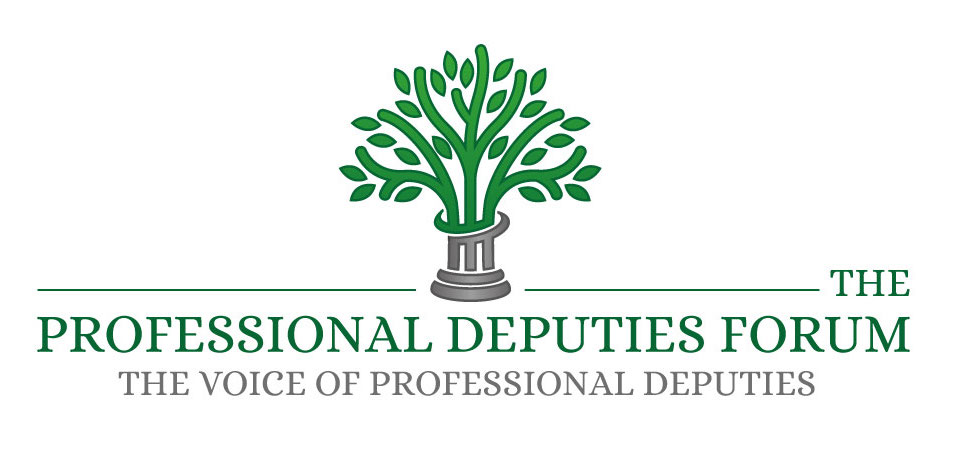The start of a new year often reminds us to take a look at our finances and our spending habits. We’re encouraged to set resolutions around saving money, paying off debt or making that big purchase such as a holiday, house or new car.
To many people, this can feel like a far-off dream – and even quite overwhelming, but the truth is that any financial goal starts with how we budget for our household. In this post, we’re sharing a few simple tips to get your household finances in order so that you can reach your financial goals in 2020.
What is a budget?
Put simply, your household budget is a plan for how you will use your income. Your overall income is assigned between your monthly expenses, savings and debt repayments.
Why use a budget?
Statistics show that households who use a budget are less likely to live from paycheque to paycheque. Budgeting allows you to identify financial problem areas before they become serious. A budget also helps you to save more money and to track and stay on target with financial goals.
Budgeting tip 1: Set budgeting goals
Establish what you want to achieve with your budget. This will give your budget both purpose and focus. There are a number of goals that you may want to consider, but the most common are related to:
- Saving money
- Reducing debt
- Reducing stress caused by finances
Don’t forget to be specific with your goals. Instead of ‘saving money’, decide an actual figure that you want to reach – for example, ‘I want to save £100 per month’ or ‘I want to save £5000 for a new car’.
Budgeting tip 2: Calculate your income
In order for your budget to work, you’ll need a starting point. How much money is coming into your household each month? This sum will include any income from jobs, businesses, pensions, investments and benefits etc.
Budgeting tip 3: Create a list of household expenses
Now you know how much money is coming into your household, it’s time to look at your spending habits. This may feel a bit painful at first, but it’s a really helpful process to go through and will give you a much clearer picture of your financial position.
An easy way to do this is to go through a recent bank statement and note down all your regular expenses. Don’t forget to include things like groceries, nights out and new clothes.
You might also want to include an amount for more irregular expenses over the year such as Christmas, birthdays and car tax.
Budgeting tip 4: Calculate your surplus income
Hopefully, your monthly income will be higher than your expenses. If you find that isn’t the case, then take a look at your expenses again to see if there’s anything non-essential that you can cut back on.
You can also look at ways to increase your income, such as overtime or a side business.
If you’re struggling to find a way to make the numbers work, then it’s a good idea to get some advice. Try chatting to your local Citizens Advice Bureau who are trained to offer this type of support.
If your income is greater than your expenses, then this will give you a realistic idea of how much you can assign to your savings or debt repayment goal each month. This is your surplus income.
Budgeting tip 5: Set a timescale
The final step in creating your household budget, is to set yourself a realistic timeframe to complete your goal. If your goal is to pay off £5000 of debt and you can see that you have £500 per month surplus income, then a sensible timescale would be 10 months.
Household budgeting may feel overwhelming at first, but if you follow these steps, you’ll have your budget in place in no time. Good luck!














Post a comment